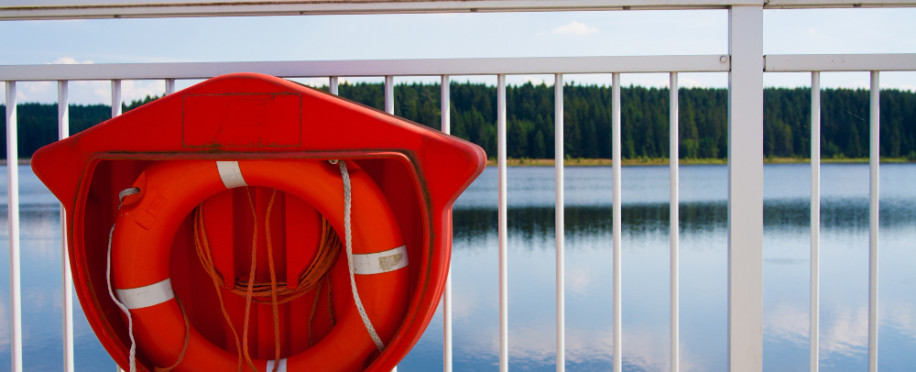Copyright © 2025 lmitac.com All Rights Reserved. Contact - Terms and Conditions - Privacy Policy - Quality Policy - Become an instructor - Vacancies - Sitemap
London Maritime Academy is a trade name for London Premier Groupversion: 2.9.0
London Maritime Academy is a trade name for London Premier Group

Posted on : 8/27/2023, 9:39:34 PM
The ocean offers no promises for its sailors and their goods; no ship that sails at sea can reach its destination with absolute certainty. Sounds scary, right? That's why marine insurance even exists.
While the risks that ships face while diving into the unknown sea are too many to count, marine insurance is the best protection against those risks so far.
In this article, we explore the risks of the 21st century and how marine insurance helps ship owners protect their shipped materials from maritime damage.
Marine insurance is a type of insurance that covers property and people who are travelling on water: ships, boats, yachts, etc.
The most common types of marine insurance policies include hull coverage, liability coverage for injuries on board and medical payments coverage, which will pay for medical care if you or your passengers become injured.
Then, there's marine cargo insurance, which covers the loss and damage of any products or goods transported by the shipping container.
There are many ways that marine insurance in the shipping industry can protect you from the risks of travelling on water. For example, hull coverage will pay for those costs if your boat faces physical damage in a storm and equipment needs to be repaired or replaced.
If someone is injured on board and needs medical attention, liability coverage will also cover that expense. If packages or other merchandise transferred on a vessel are lost or damaged during transport, cargo coverage will apply.
Each marine insurance type is designed to offer solutions to a particular form of damages and losses. And when you have the right combination of coverage, it can be a lifesaver in an emergency.
Many factors can make marine insurance more risky today than a decade ago, and the potential for accidents is growing daily.
Consequently, these accidents include increased traffic in shipping lanes and ports, increasing global trade volumes and the number of boats on the water.
All this means there is a greater chance of accidents at sea, which could result in loss or damage of cargo transported by vessels.
Here are a few examples of new risks of the new world:
Increased trade volumes, including the growth of e-commerce and international supply chains, led to more oversized loads and accidents.
The rise of new technologies, such as Autonomous ships and drones, which might easily make mistakes in case of a malfunction
Increasing competition between companies to transport goods faster and cheaper causes ship manufacturers to decrease the quality of their equipment instead of using proper ones to reduce the price.
Like any other transit business, you want to provide the best service for your customers and create a brand name that inspires trust and excellent benefits.
Let's explore some options and tools a business can use to ensure the safe transportation of its items.

A disaster recovery plan includes the procedures you must take in case of exposure to a natural or man-made disaster.
Your plan should address these questions:
What to do in case of an emergency or crisis?
Who will be responsible for critical decisions?
How to communicate with customers and other stakeholders during an emergency or crisis.
You must learn their needs to offer your customers the right marine insurance policy. You should also be aware of the unique level of risk exposure and liability cost associated with each type of cargo.
Always stick to the marine insurance policy: If you want to ensure the best protection for your cargo against any loss or damage, following a marine insurance policy is the way to go. A policy covers the procedures done in the event of damage to any part of the cargo or the boat itself.
Suppose you want to master marine insurance and all its types (cargo, inland, etc..), learn how to make a quote or understand insurance forms. Maritime insurance courses in London are the way for you to go; they're online, easy to go through and provide the best knowledge of marine insurance policies.
Marine insurance protects shippers from all arising maritime risks and covers a wide range of dangers; that's why every company should learn more and explore marine insurance best to protect its ships from losses at sea.